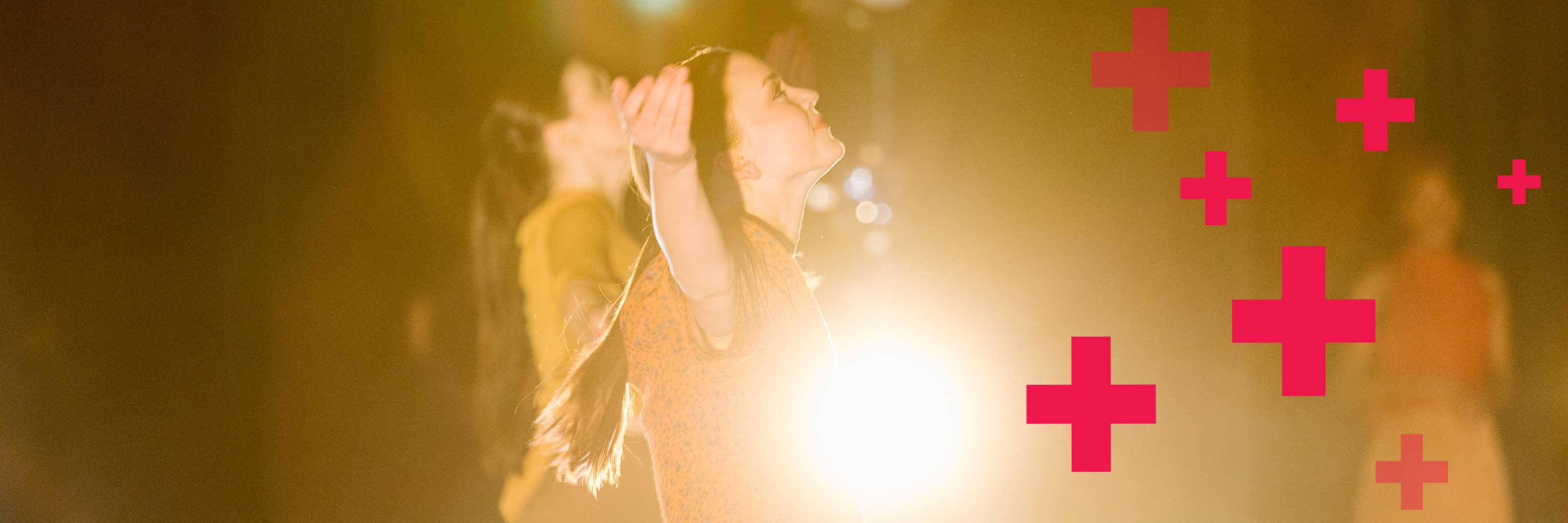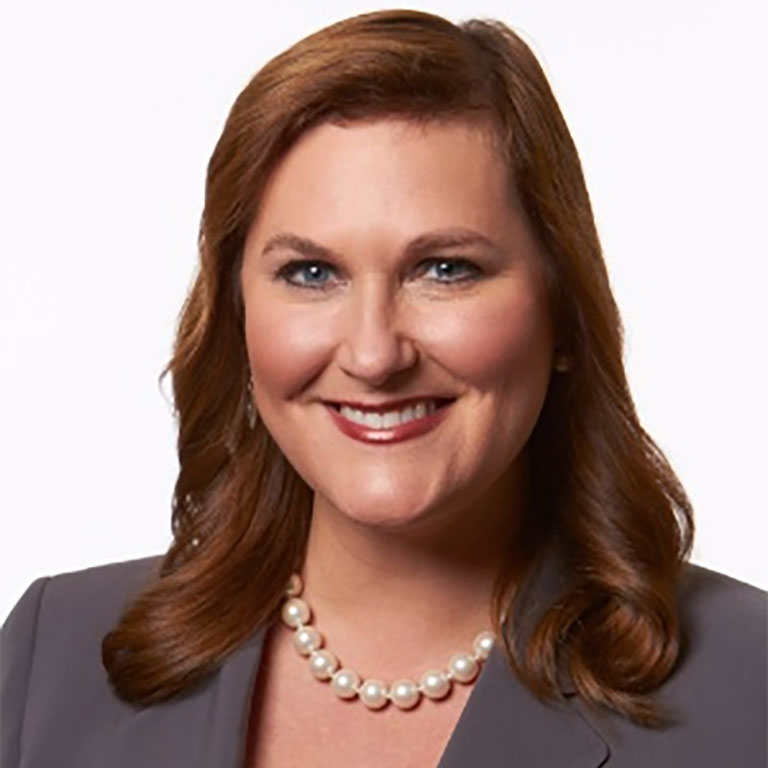LaBorde had no doctors in her family and, at the time, she'd had no one else offering other perspectives. “I put everything on what that counselor said,” LaBorde notes. “Now I know, as an adult, that you need lots of perspectives in your life. I learned some valuable lessons from that negative experience, and it turned into many wonderful things.”
Among them? LaBorde now serves as Vice President of Principal and Major Gifts for City of Hope Comprehensive Cancer Center in Los Angeles. “I'm part of an academic medical center, and it's very intellectually gratifying,” she says. “I get to work with world-renowned physicians—particularly hematologists.”
In fact, LaBorde has been in development for 30 years. Her aha! moment came after switching to an art history major and interacting with talented mentors along the way. “My favorite class had been art history,” she remembers. Feeling adrift, LaBorde visited Professor Mazelle VanBuskirk's office hours. “She was so vibrant and smart,” she says. “I shared my dilemma, and she said, 'You can be anything you want to be. You should follow your heart.'” (That day VanBuskirk also gave LaBorde a first edition of Art Through The Ages—complete with personal inscription. “I'm 50 years old, and I still have that book!” LaBorde exclaims.)
“I started working in any capacity that the art history museum would have me,” she continues. “I did the practicums. I did the internship. . . . I cataloged ancient, Greek coins. And I realized that I'm not an object person. I'm a people person.”
Senior year, LaBorde worked for the museum's PR and Development Office and fell in love with fundraising. One of her art history mentors suggested a career in development. “She told me, 'You can combine your love of wanting to help people through healthcare with fundraising for hospitals, healthcare systems, or academic medical centers,'” LaBorde says.
Her first job out of college? “I was the development coordinator for the Visiting Nurse Association of Porter County, Indiana,” she says. She's worked in development ever since.
Shortly before joining City of Hope, LaBorde lost her mother to cancer. “I felt like this was a calling,” she says. “Now, I work with absolutely brilliant people who are trying to cure cancer.”
City of Hope is equipped to produce its own new therapies for clinical trial on the City of Hope campus. “There are few places in the world that have that full cycle,” LaBorde says.
Besides day-to-day development projects, LaBorde also takes time to show others the ropes. “I understand how valuable mentors are,” she says. “I try to be a bright light for my younger staff members or for people seeking me out to be a mentor in this profession. It's such an important responsibility.”



